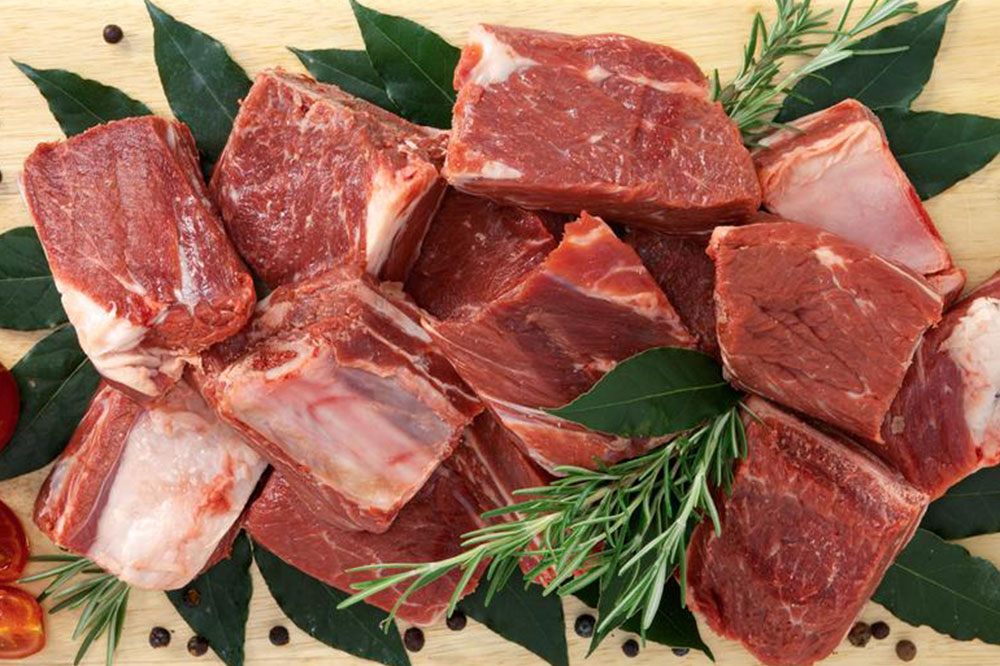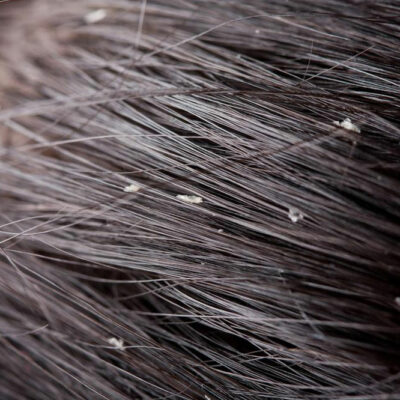
Foods to Eat and Avoid with Gout
Gout is a type of arthritis that happens when crystals form around a joint due to high uric acid levels in the blood. Uric acid is accumulated in the body when it breaks down high purine levels, which occurs naturally and is found in several foods. The three main goals of a diet for those suffering from gout is to reduce their purine intake, increase the consumption of foods that control uric acid levels, and reach a healthy body weight.
While these diets do not cure gout completely, they help in the prevention of gout attacks and an increase in damage to the joints. It’s also best to remember that while a proper diet helps ease the symptoms from gout, medication is still necessary.
Given below are a few dietary tips for gout that you can follow to manage this condition.
What to eat
One of the best dietary tips for gout is to consume foods that are low in purine. These include:
- While eating a lot of fresh vegetables is recommended, there are certain ones like spinach and asparagus with high purine levels.
- Dairy products like yogurt and skimmed milk, which have low or zero fat in them.
- Healthy fats and oils which are rich in omega-3 fatty acids
- Nuts and grains (this includes peanut butter, but preferably get the natural, oil and sugar-free variety)
- Eggs in moderation
- Complex carbohydrates, including bread, pasta, rice, potatoes, etc.
- Lean meats like salmon and chicken. Proteins obtained from vegetarian sources like lentils can also help.
- Red meats in moderation (4 to 6 ounces a day should be safe)
- Fresh fruits
- 8-10 glasses of water per day
- Coffee in moderation (some studies show that coffee might actually help lower uric acid levels)
- Studies suggest that eating cherries can help lower uric acid levels.
- Orange juice. The vitamin C in orange juice can help reduce uric acid levels. However, it is recommended to consume it in moderation as the high fructose levels can raise the risk of uric acid accumulation.
What not to eat
Among the important dietary tips for gout is to understand what foods to avoid. Foods that are rich in purine, that increase uric acid levels in the body, or lead to weight gain or obesity should be avoided. These include:
- Sugary beverages like fruit juice, sodas, etc.
- Sugar-rich foods like candies, processed bakery goods, sweetened cereals, etc.
- Certain seafood like sardines, tuna, anchovies, shellfish, etc. have levels of purines. However, other seafood, if eaten in moderation, can be beneficial.
- Organ meats and glandular meats, including sweetbreads, livers, kidneys, etc. contain high purine levels.
- Vegetables like asparagus and spinach
- Alcoholic beverages, especially beer and distilled liquors, are unhealthy for gout patients. However, wine consumed in moderation doesn’t have an adverse effect.
Following the dietary tips for gout mentioned above can help in reducing the uric acid concentration in the blood, but not enough to completely cure it. Therefore, it is important to follow regular medication as prescribed by the doctor. These diet tips can help manage symptoms and decrease the severity of the gout attacks.


